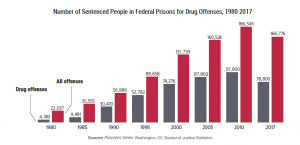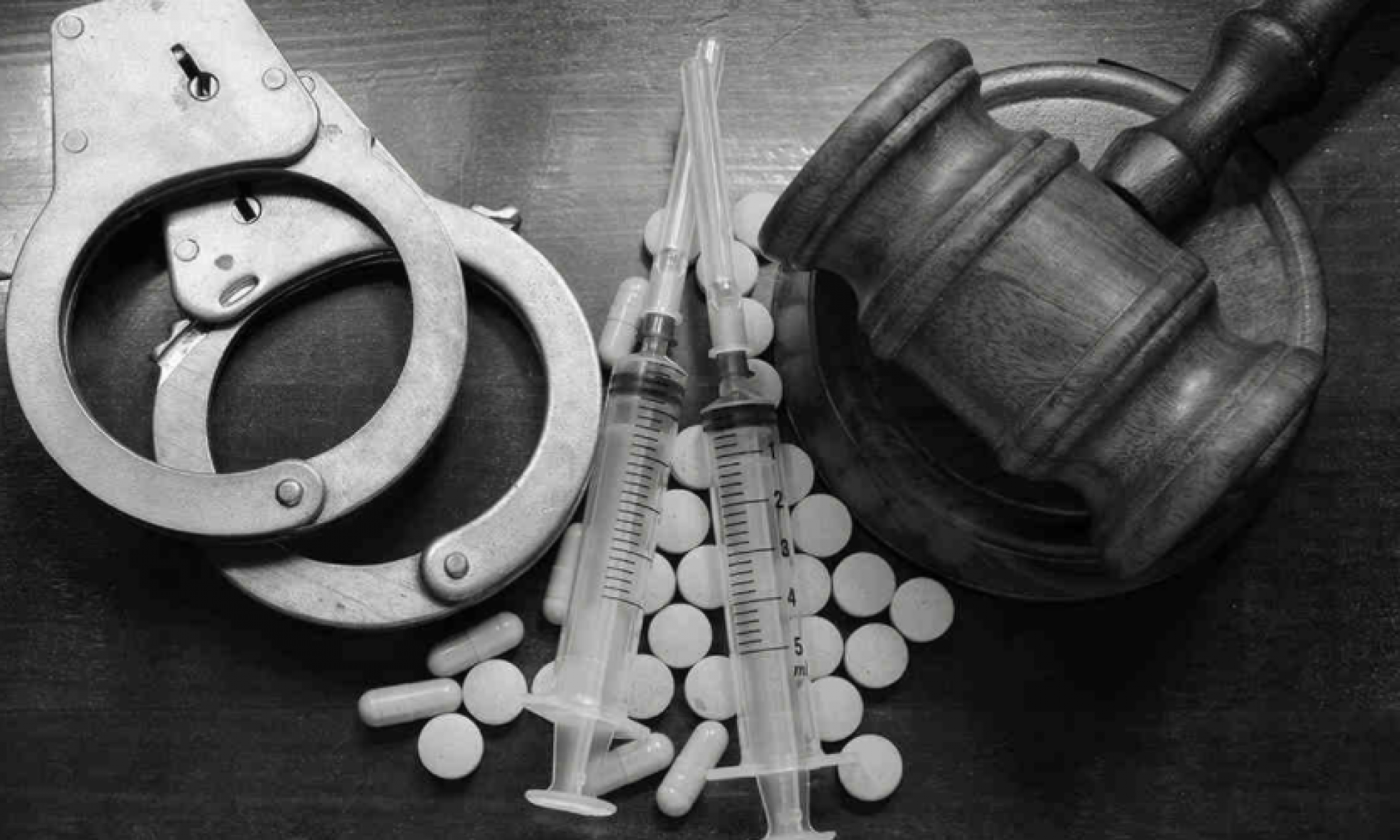
To understand the debate between decriminalizing and criminalizing drug use and possession, we must first evaluate the definition of these policies. To criminalize a drug is to make the possession and use “punishable as a crime” (Dictionary.com, 2012). The United States, although it has begun to decriminalize certain drugs in certain states (specifically Marijuana), has a leniency towards punishment rather than rehabilitation which can explain the hesitancy to decriminalize more drug use/ possession. “More than 1.5 million drug arrests are made every year in the United States” (Drug Policy Alliance, 2016, pg. 1). Their criminal justice system uses incarceration to punish drug users rather than give them rehabilitation and recovery opportunities, which is the focus of many other countries’ decriminalization ideas. Although the US has begun to decriminalize, their debates about such policies encompass the controversy going on throughout the world, so to understand the criminalization side of the debate, we will mainly focus on the US’s reasons for hesitancy.
1) Concern that if drug use and possession are no longer punishable as a crime, the amount of users and the amount of drug intake will increase among the population.
a) “Critics of a more progressive approach to drugs and drug use continue to claim that adoption of decriminalisation will lead to a ‘Pandora’s box’ of horrors, increasing drug use throughout all levels of society and thus the overall harm of drugs” (Eastwood et al. pg. 7).
2) Decriminalization yields less positive results unless there is a rehabilitation system in place.
a) Implementation of a rehabilitation system that encourages users to get help for addiction, offers access to safer equipment (preventing the spread of disease), and the ability to get drugs in safer ways that could lessen accidental overdoses or incorrect/dangerous drug use/ combinations.
b) Without a system like this in place, drug decriminalization may not make a big difference in overdoses or drug use in general, which could cause hesitancy since many people do not understand the role Sociological Imagination has in drug use and therefore they think that drug users do not deserve such a system. Nor do people want their taxes going towards a therapeutic system for drug users, especially when the majority of people serving drug sentences in the United States are identified as Black.
3) Decriminalizing “soft drugs” (Ex. Hallucinogens such as LCD, DMT, Marijuana) raises concerns about “soft drugs” being “gateway” drugs.
a) What is a gateway drug? “Any drug, as a stimulant or tranquilizer, whose use may lead to the use of more dangerous or addictive drugs such as heroin” (Dictionary.com, 2012). Simply, it is a non-addictive drug within itself, but its use may lead to addictive drugs.
b) Theories suggest that if “soft drugs” are decriminalized, it will encourage more of the younger population to experiment with “soft drugs” and then eventually move to harder drugs that are not decriminalized.
